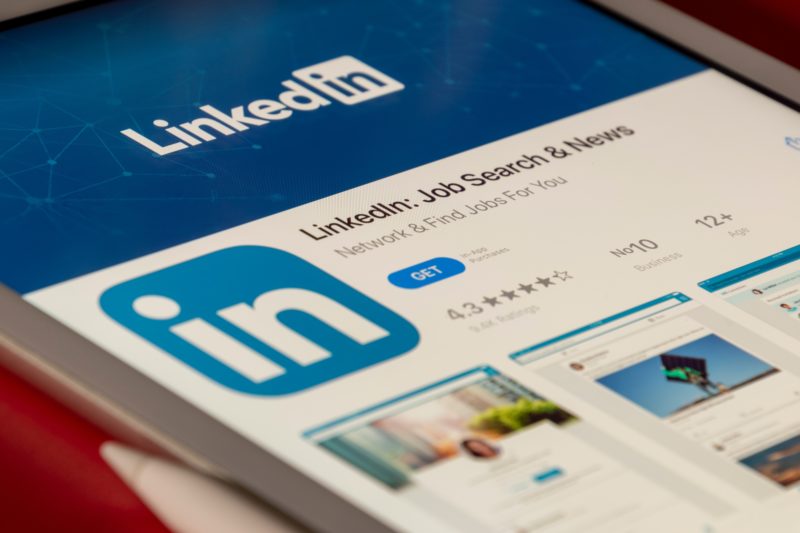If you use LinkedIn for professional networking, you might have noticed these days that the social media platform often resembles Facebook in that users announce personal triumphs in addition to career-related accomplishments. This includes posting about sobriety.
While success in addiction recovery is certainly a triumph, is it the right move for you to celebrate your sobriety in front of a such a wide audience of professional peers?
Posting “Perfessional” Accomplishments on Social Media
Work-from-home life has led many LinkedIn users to combine their professional and professional identities, says Mark Anthony Dyson, a career consultant and founder/host of The Voice of Job Seekers podcast. This is likely because they see their work lives and their personal lives in the same space—Dyson says the term “perfessional” is rising up in some circles.
Posting about sobriety on the platform comes from a “spirit of transparency and authenticity,” Dyson says. It’s something that’s desirable for social media users in general, but even more so by employees looking to launch or advance their careers. Dyson explains that when a user receives thousands of comments or reactions on a LinkedIn post, it expands the user’s network, as well as increases their chances of being seen by hiring managers and recruiters.
“The sharing of victories in sobriety reveals resilience and persistence,” Dyson says. “These are attributes cherished and desired by hiring managers. It’s compelling to hear how people overcome a significant personal obstacle that few have done.”
Dyson likens past drug and alcohol abuse to medical information in that it shouldn’t be considered a factor in hiring. However, he notes that users are usually not prepared for the scrutiny that ensues once that personal information, however positive, is made public.
“It’s fair game to vet potential candidates,” Dyson says, noting that some employers and recruiters might consider the person’s recent sobriety to be “a phase and not the new norm,” not to mention they might be personally triggered because of their own experience with sobriety and recovery.
“While many LinkedIn users feel the platform was sacred ground for personal sharing (as many say this is not Facebook), some are merging the lanes of personal and professional to encourage companies to accept them as a whole person,” Dyson says.
What to Consider Before Posting
“When posting on social media, we have to be aware that we are opening ourselves to the thoughts, opinions, judgments, and beliefs of others,” says Vijayeta Sinh, Ph.D., a licensed psychologist and owner of TherapyCouchNYC. That means that the reaction from others, whether positive or negative—or perhaps even nonexistent—is out of your control once you post.
“There will be those who will revel in our vulnerability and success and celebrate with us and there will be those that will deem this inappropriate from the ‘too much information’ point of view,” says Dr. Sinh. She says that before posting your own celebration of sobriety to such a large public platform, take some time to consider your intention for doing so:
- Is it meant to be a display of authenticity and vulnerability?
- Is it meant to gain or garner support or validation?
- Is it meant to be inspirational to others on their journey?
“Knowing [these answers] beforehand will allow us to craft a message that feels true to our intention so we are not thrown off when the response received is not one we anticipated,” says Dr. Sinh.
The Bottom Line on Mixing Personal with Professional News on Social Media
“When we have a strong sense of who we are, it matters less and less what others think of us,” Dr. Sinh says. “But if the words of others can easily put us in a place of reactivity and/or negativity, we must consider the pros and cons of posting [about sobriety.]”
You might be inspired to see other posts about their sobriety, but only follow suit if it feels right to you. Dr. Sinh says that sharing is always best when it’s done in a way that makes us and others feel safe.
Addiction recovery is something to be celebrated. Find out how Beachside Rehab in West Palm Beach, Florida can offer the support you need to thrive on your own journey. Call 866-349-1770 today to connect with a trained admissions counselor.

